info@vivavel.com
+919818262686
+919818262686
 info@vivavel.com
info@vivavel.com +919818262686
+919818262686An arteriovenous malformation (AVM) is a rare condition where arteries and veins form abnormal connections, bypassing the normal network of capillaries. Because blood flows directly from arteries to veins, pressure within these vessels increases, which may lead to complications such as bleeding in the brain or other parts of the body.
Embolization is a minimally invasive procedure used to treat AVMs. A small catheter is inserted through a blood vessel in the groin or arm and guided to the site of the malformation. Once in position, doctors inject special materials to block the abnormal vessels, reducing or stopping the flow of blood through them.
This treatment helps control bleeding, lowers the risk of future rupture, and improves overall blood circulation. Since embolization does not require large incisions, recovery is typically faster compared to open surgery.
 The symptoms of an AVM depend on its location and size. Common symptoms include:
The symptoms of an AVM depend on its location and size. Common symptoms include:
Headaches: Severe or persistent headaches.
Seizures: Unexpected seizures or convulsions.
Neurological symptoms: Difficulty speaking, weakness, numbness, or vision problems.
Bleeding: In severe cases, sudden bleeding or stroke-like symptoms.
Pain: Localized pain in the affected area, depending on AVM location.
Note: Some people with AVMs might not have noticeable symptoms until a complication occurs.

 The exact cause of AVMs is not always clear, but they are believed to occur due to:
The exact cause of AVMs is not always clear, but they are believed to occur due to:
Genetic factors: Some AVMs may be inherited or caused by genetic mutations.
Developmental issues: AVMs can form during fetal development or early childhood.
Unknown causes: In many cases, the exact cause is unknown.
 Seek medical help if you experience:
Seek medical help if you experience:
Sudden severe headache: Especially if it's the worst headache you've ever had.
New or worsening neurological symptoms, Such as weakness, numbness, or speech difficulties.
Seizures: Unexplained seizures or convulsions.
Sudden vision changes: Loss of vision or blurred vision.
 Doctors use various tests to diagnose AVMs:
Doctors use various tests to diagnose AVMs:
Imaging tests:
MRI (Magnetic Resonance Imaging): This imaging technique provides detailed images of brain structures to detect AVMs.
CT Scan (Computed Tomography): Helps visualize AVMs and any associated bleeding.
Angiography: A specialized imaging test that uses contrast dye to highlight blood vessels, helping pinpoint the AVM's exact location and size.
Ultrasound is used in some cases to evaluate AVMs in other parts of the body.
 Do's:
Do's:
Follow medical advice: Adhere to your treatment plan and attend all follow-up appointments.
Take prescribed medications: Use any medications as directed to manage symptoms and prevent complications.
Rest and recover: Allow time for recovery after the procedure and avoid strenuous activities.
Report new symptoms: Notify your doctor if you experience new or worsening symptoms.
 Don'ts:
Don'ts:
Avoid self-diagnosing: Always rely on medical professionals for accurate diagnosis and treatment.
Don't skip follow-up appointments: Regular check-ups are essential for monitoring progress and preventing issues.
Avoid heavy lifting or strenuous activities, especially during the recovery period, to minimize the risk of complications.
Don't ignore symptoms: Seek medical attention if you notice any new or worsening symptoms.
Disclaimer:
Our medical content authors have diligently gathered and synthesized information on this topic to offer valuable insights to our readers. Drawing from a range of reputable medical journals and health resources, this content aims to enhance understanding of the subject. It's essential to remember that while this information is informative, it should not replace personalized consultation or treatment from a qualified healthcare professional. For further details, please refer to our Editorial Policy.
For this topic, our authors used some of the following resources:
Mayoclinic | Arteriovenous malformation
NSPC | Embolization for Cerebral Arteriovenous Malformation (AVM)
RadiologyInfo.org | Brain Embolization





![]() Pusa Road, Radha Soami Satsang, Rajendra Place New Delhi, 110005 India
Pusa Road, Radha Soami Satsang, Rajendra Place New Delhi, 110005 India
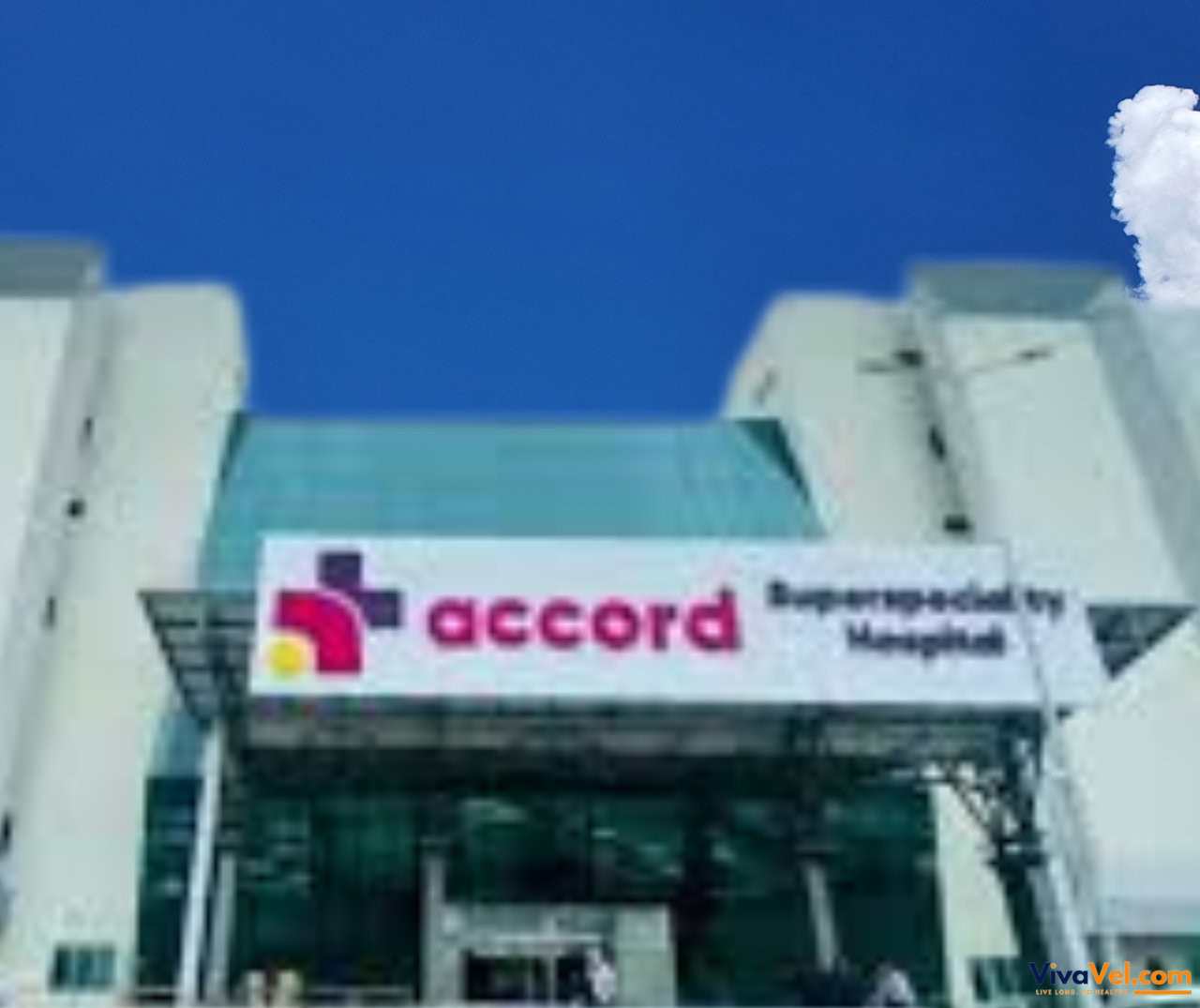


![]() Budena Village, Sector 86, Faridabad, Haryana 121002, India
Budena Village, Sector 86, Faridabad, Haryana 121002, India
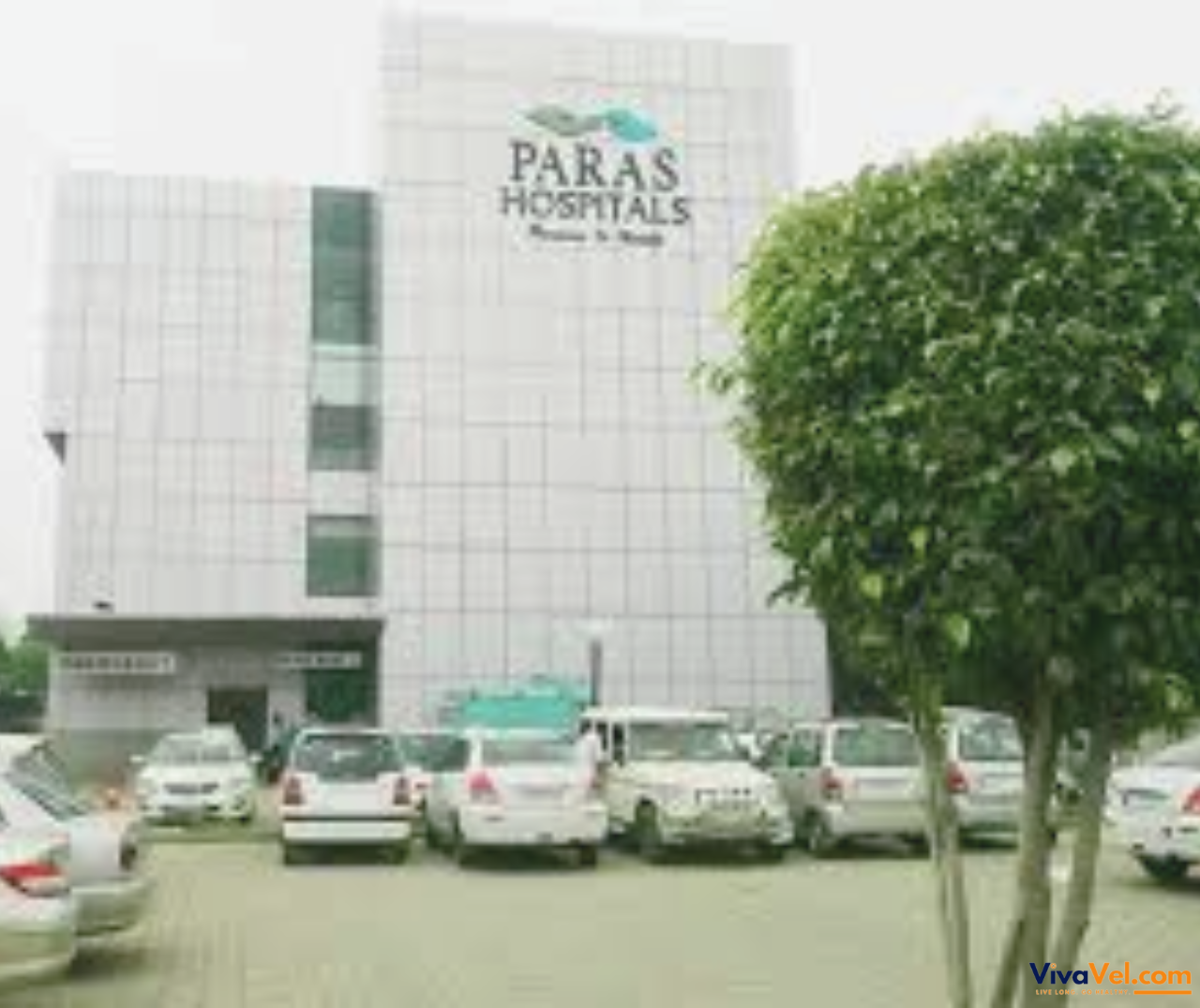


![]() C-1, Sushant Lok- 1, Sector-43, Phase- I, Gurugram, Haryana, 122002
C-1, Sushant Lok- 1, Sector-43, Phase- I, Gurugram, Haryana, 122002




![]() Lot 2, Jalan Baung 17/22, Seksyen 17, 40200 Shah Alam, Selangor Kuala Lumpur, 40200 (Malaysia)
Lot 2, Jalan Baung 17/22, Seksyen 17, 40200 Shah Alam, Selangor Kuala Lumpur, 40200 (Malaysia)

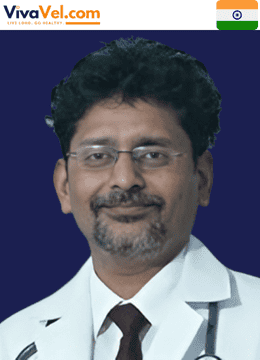
Dr. (Prof.) Rohit Gupta is a well-known neurologist in Faridabad, Haryana, India, with over 17 years of experience in clinical neurology. He achieved academic success...
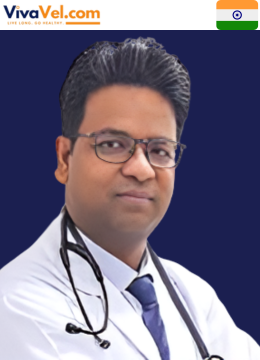
Dr. Sandeep Ghosh is a highly regarded consultant neurologist, currently practicing at the esteemed Neurosciences Department of Accord Superspeciality Hospital in Faridabad, ...

Dr. Vikram Dua is one of India's top neuro and spine surgeons. With over 26 years of experience, he has performed over 10,000 surgeries, with a success rate excee...
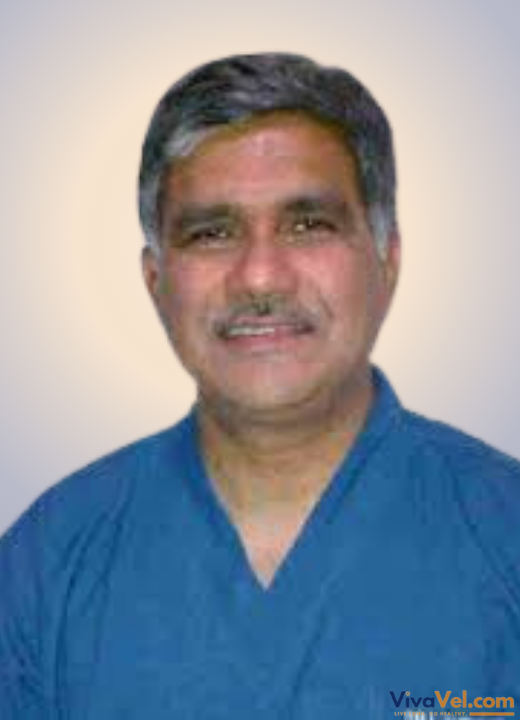
Dr. LN Tripathy is a highly esteemed neurosurgeon with an impressive 31-year career. Since April 2010, he has been the Director of the Medica Institute of Neurologica...

Dr. Anish Kumar is a highly experienced medical professional with over 21 years of experience, including more than 11 years dedicated to neurology. He is currently a ...

Dr. Kaushik Sen is a highly esteemed senior consultant neurologist with over 18 years of post-DM experience in neurology. He holds a gold medal in MBBS, an MD i...
Treatment Plan & Cost within 2 days
